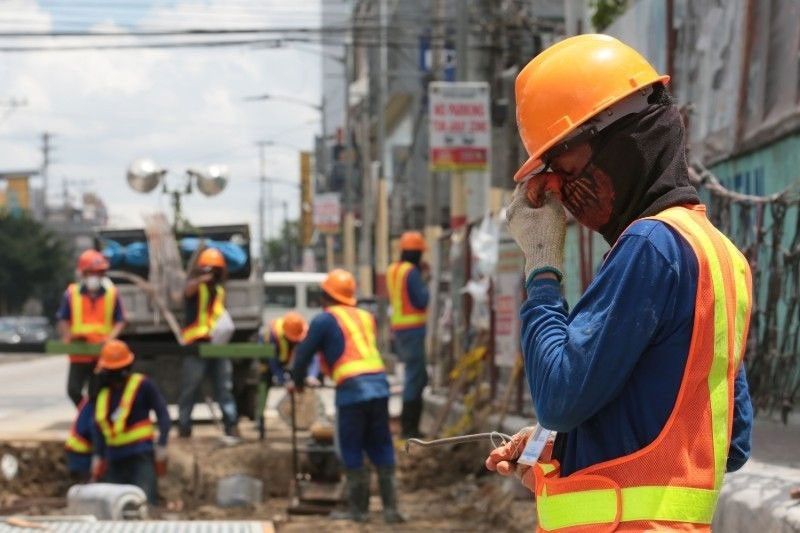Philippines among top 10 countries worst for workers — group

MANILA, Philippines — Due to violations of labor rights, the Philippines is still included in the list of top 10 countries considered as worst for workers, based on the International Trade Union Confederation (ITUC) Global Rights Index for 2020.
The Philippines joins Bangladesh, Brazil, Colombia, Kazakhstan, Turkey and Zimbabwe and newcomers Egypt, Honduras and India as the countries that are allegedly not favorable to workers.
The ITUC Global Rights Index depicts the world’s worst countries for workers based on the degree of respect for workers’ rights by rating 139 countries on a scale from 1 to 5. Workers’ rights are absent in countries with the rating 5 and violations occur on an irregular basis in countries with the rating 1.
ITUC is the world’s largest trade union federation with 200 million workers in 163 countries through the 332-member national labor federations around the world.
The Global Rights Index was developed, ITUC explained, to increase the visibility and transparency of each country’s record on workers’ rights.
The ITUC affiliates in the Philippines are the Trade Union Congress of the Philippines (TUCP), Federation of Free Workers (FFW), Sentro and Kilusang Mayo Uno (KMU).?According to ITUC general secretary Sharan Burrow, these countries posed “threats to workers, our economies and democracy (that) were endemic in workplaces and countries (even) before the COVID-19 pandemic disrupted lives and livelihoods.”
“It is a stark picture of the rights deficits we need to address as we build the new economic model the world needs as it recovers from the COVID-19 pandemic,” he said.
The ITUC has underscored the prevailing trend to restrict working rights through violations of collective bargaining, withholding the right to strike and excluding workers from unions.
Last year, the Philippines was also included in the list, along with Algeria, Bangladesh, Brazil, Colombia, Guatemala, Kazakhstan, Kingdom of Saudi Arabia, Turkey and Zimbabwe.
“In a context of extreme state violence and suppression of civil liberties, employers’ tactics to label unions as ‘subversive organizations’ in a process commonly known as red-tagging exposed their members to violence and repression,” the report showed.
For its part, Nagkakaisa Labor Coalition chair Sonny Matula noted the “dreaded” Anti-Terror bill is yet to become a law but the Philippines is already in “the hall of shame for trade union repression.”
“With the world now in its worst economic recession in 150 years, many are expecting that things could get worse for trade unionists. Using the pandemic as a pretext, a number of countries are issuing policies that undermine workers and trade union rights,” Matula added. Artemio Dumlao
- Latest
- Trending






























